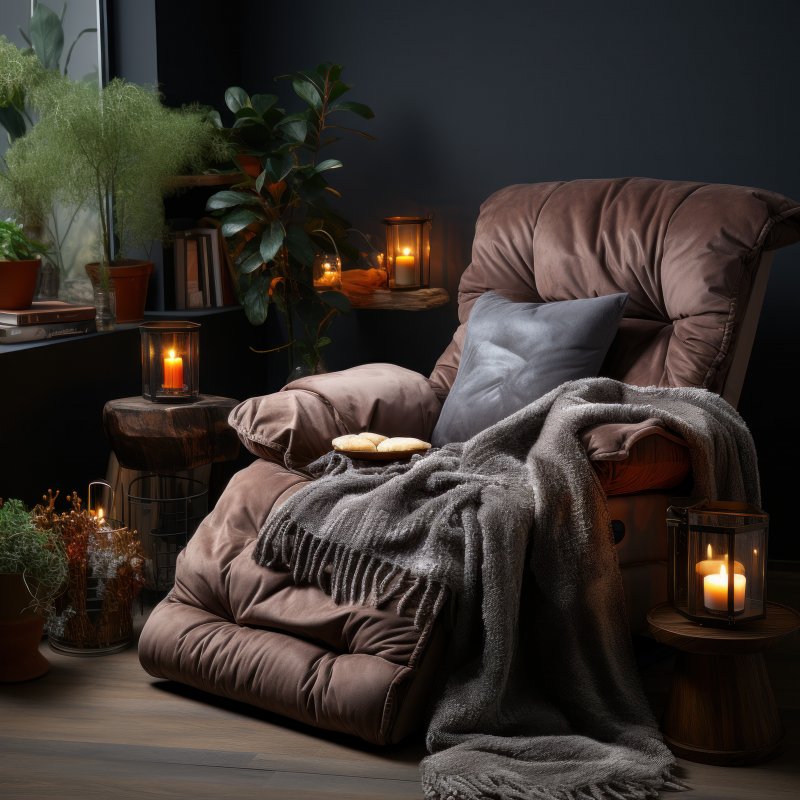
Sleep apnea is a potentially serious sleep disorder where breathing repeatedly stops and resumes throughout the night. When one isn’t getting the quality sleep they need at night, it becomes impossible to thrive during the day. Fortunately, there are steps that you can take to reduce your sleep apnea symptoms and get more quality sleep. Some people claim that sleeping in a reclined position can help, but is this recommended? Continue reading to learn more.
Does Sleeping in a Recliner Reduce Sleep Apnea Symptoms?
The most common type of sleep apnea is known as “obstructive sleep apnea.” This is when the stoppages of breathing are caused by the muscles in the throat relaxing and blocking the airway. Elevating your head during sleep may help to ease and manage the symptoms of obstructive sleep apnea. According to a 2017 study, a 7.5-degree elevation significantly improved symptoms without affecting sleep quality. This setup helped to reduce the severity of sleep apnea by about 30%!
Which Sleeping Position Is Best for Sleep Apnea?
When it comes to sleeping, not all positions are equal. The best position to sleep in if you have sleep apnea is on your side. His helps to prevent the muscles in the throat from relaxing during sleep, therefore keeping the airway from collapsing and interrupting breathing. For those who are unable to sleep comfortably on their side, sleeping in a recliner is an excellent alternative.
How Else Can I Reduce My Sleep Apnea Symptoms?
CPAP is an effective solution for many people who suffer from sleep apnea. However, some people find it uncomfortable, and others find that it isn’t enough to reduce their symptoms on its own. There is a more conservative method out there that can be used on its own or in combination with CPAP – oral appliance therapy. An oral appliance is worn in the mouth at night and works by keeping the jaw in the proper position to prevent obstruction and keep the airway open throughout the night. These appliances are provided by a dentist and are custom-made for each patient, so they fit perfectly and comfortably in the mouth.
Sleep apnea can be troublesome to deal with, but there are steps you can take to reduce your symptoms and improve your quality of sleep. By adjusting your sleeping position and speaking to your dentist, you can work towards a sounder sleep!
About the Author
Dr. Jeff Rodgers has been in private practice for over 20 years and specializes in dental sleep medicine. Currently, he is a Diplomate of the American Board of Dental Sleep Medicine (ABDSM) and the American Sleep and Breathing Academy (ASBA). Dr. Rodgers is a board-certified sleep expert and treats patients who suffer from sleep-breathing disorders at his practice in Dunwoody. To learn more about sleep apnea or to schedule an appointment, visit his website or call (770) 394-4310.
